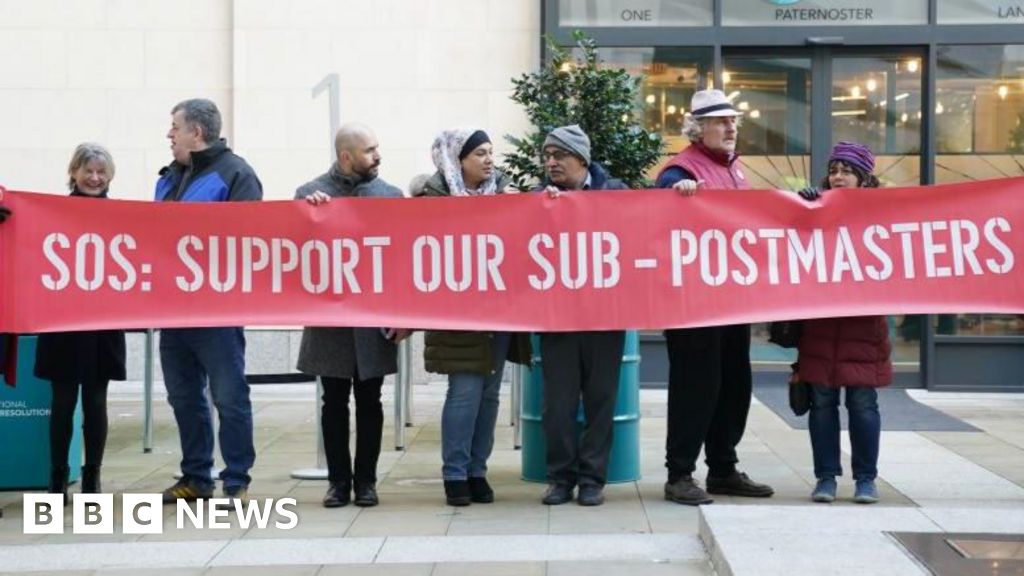
Tuesday marks a pivotal moment in the ongoing quest for justice for victims of the Post Office IT scandal, as a significant portion of a comprehensive inquiry report is set to be released. This report will shed light on compensation and the profound human impact of what is considered one of the most significant miscarriages of justice in UK history. Thousands of sub-postmasters were wrongfully accused of financial discrepancies due to the flawed Horizon computer system, developed by Fujitsu, leading to over 900 prosecutions and 236 imprisonments.
Sir Wyn Williams, the chair of the extensive inquiry, has made it his mission to center the victims in his investigation, which has meticulously examined decades of technical evidence and interrogated numerous individuals involved in the scandal. Many sub-postmasters have provided testimonies, recounting the loss of businesses, homes, and, for some, their freedom. Given the evidence presented since the inquiry’s inception in 2022, Sir Wyn’s findings on the treatment of these individuals are expected to be damning.
The Inquiry’s Broader Impact
The scandal gained widespread attention last year following its dramatization in the ITV series “Mr Bates vs The Post Office.” The inquiry itself has captivated the public, amassing over 20 million views on YouTube, drawing interest from individuals with no direct ties to the Post Office. Despite this public engagement, accountability remains elusive, with the next phase of the report, which will assign blame, still pending.
Sir Wyn has shown a keen interest in the compensation aspect of the scandal, acknowledging that he has pushed the boundaries of his mandate on this issue, “perhaps beyond breaking point.” He conducted four separate hearings on redress and released an interim report in 2023, describing the various compensation schemes as a “patchwork quilt with a few holes in it.”
Compensation Challenges and Victim Perspectives
Victims and their legal representatives continue to fight for fair compensation, eagerly awaiting Sir Wyn’s conclusions on whether the current schemes meet the promise of being comprehensive and equitable. Former sub-postmaster Lee Castleton, who was falsely accused of embezzling £25,000 from his East Yorkshire branch in 2004, criticized the decision to allow the Post Office to oversee the compensation schemes. “This is destructive. You’ve got a cohort of people that still believe that they were right,” he told the BBC.
Castleton argues that Sir Wyn, with his background as a High Court judge, should have been entrusted with managing the redress process to ensure fairness and equality. Sir Wyn has expressed his commitment to addressing compensation issues promptly, stating, “It’s something I am very keen to say as much about as I reasonably can.”
Looking Ahead: Accountability and Justice
By dividing the publication of his final report into two parts, Sir Wyn aims to provide timely commentary on how the government has responded to his recommendations on compensation. This approach differs from the infected blood scandal inquiry, which faced criticism for slow compensation payouts and was reopened a year after its final report.
The second part of the report, which will identify the causes of the scandal and assign blame, is not expected to be released until 2026, given the complexity of the evidence and the need to allow those criticized to respond. Consequently, any criminal trials may not commence until 2028, as police have confirmed that files will not be forwarded to prosecutors until the final inquiry report is published.
Despite the release of part one of Sir Wyn’s report, the journey to justice for the sub-postmasters remains long and arduous. As they continue to await accountability and closure, the impact of the Horizon system scandal serves as a stark reminder of the need for rigorous oversight and accountability in technological implementations.







